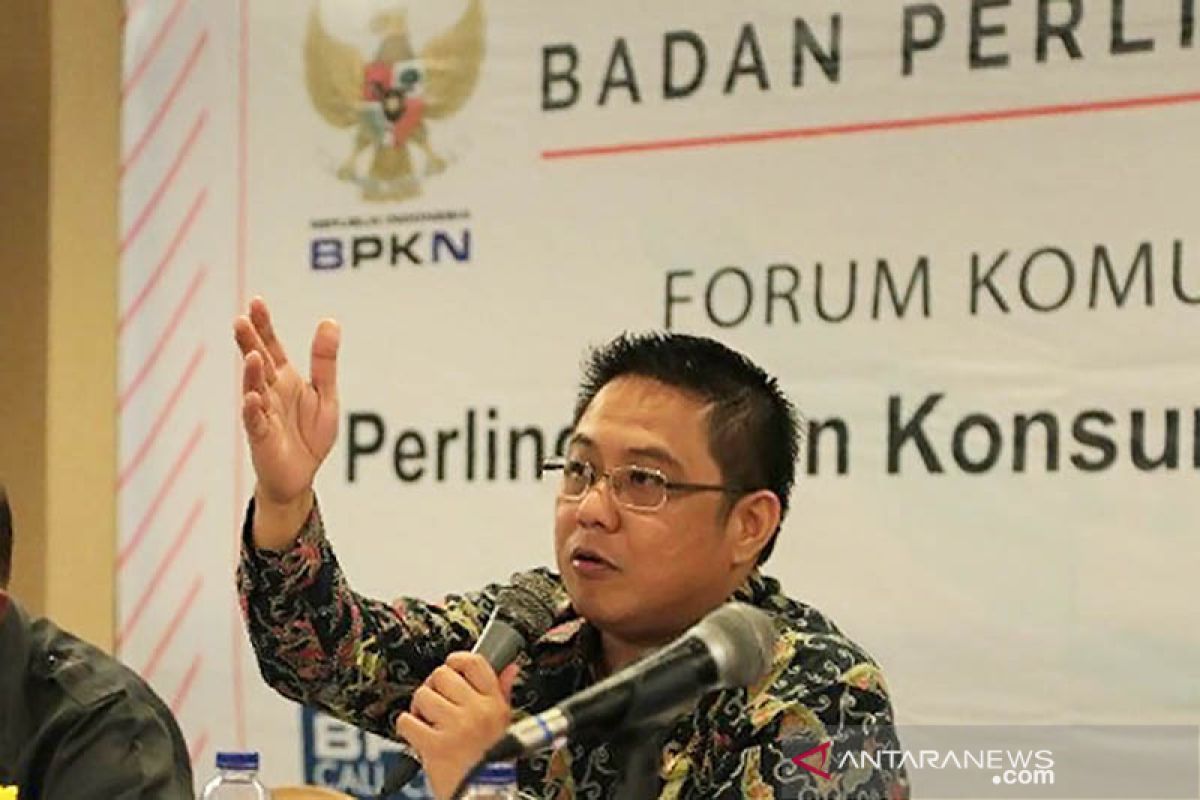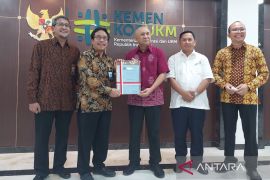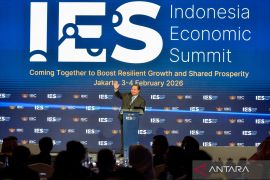Standardization is a must for all products that pose risk, especially to life, safety, and public healthJakarta (ANTARA) - The National Consumers Protection Agency (BPKN) highlighted the significance of product standardization through the establishment of the Indonesian National Standard (SNI), particularly for products with high risk to public safety and health.
Head of BPKN Rizal E. Halim stated that the SNI was aimed at protecting consumers from potential errors in product use and other possibilities.
"Standardization is a must for all products that pose risk, especially to life, safety, and public health," he noted in a statement on Saturday.
SNI, with several other regulations, such as distribution permits from the Ministry of Health (Kemenkes), the Ministry of Industry, and the Drug and Food Control Agency (BPOM), can function as filters to ensure the safety of goods and services in the community, so that they are safe for use.
Halim cited an example of medical oxygen cylinders, which are currently an important requirement, with limited availability in the midst of the COVID-19 pandemic. Currently, no regulations are in place regarding the trade system or quality standards for medical oxygen cylinders. Hence, the National Standardization Agency (BSN) is currently compiling SNI for medical oxygen cylinders.
"To protect the public from any harm, oxygen cylinders should meet the existing standards, including those set in the International Organization for Standardization (ISO) that was later adopted by BSN to be included in SNI," he remarked.
The BPKN head later pressed to carefully observe the application of SNI for oxygen cylinder products. Medical oxygen cylinders have become one of the most needed medical supplies. Meanwhile, the Indonesian government still needs to import oxygen cylinders since domestic supplies are limited. In addition to quality assurance, SNI can serve as a price protection instruction for the public.
Related news: BSN regulates standardization of medical gases
"The provision of SNI for oxygen cylinders must be implemented through a special approach since this is an emergency product that is most needed at this time. Also, do not let the SNI regulation limit the availability of oxygen cylinders for the public," Halim remarked.
As a form of protection for the community, especially during the pandemic, the BSN has also issued SNI for filtered, medical, and cloth masks. Taking into account the fact that community activity must continue, one of the ways to reduce the risk of COVID-19 transmission is by wearing a mask.
BSN has also issued SNI on helmets and heated tobacco products that also apply the concept of risk reduction, while the process of SNI standardization for liquid e-cigarettes or vapes has just begun.
Halim believes that the SNI will serve as a reference for the public to make decisions in buying products.
"This is since buying goods without SNI, which has actually been regulated, is risky for them as compared to buying goods with SNI," he stated.
Director of the Development of Agro, Chemical, Health, and Halal Standards at the National Standardization Agency (BSN) Wahyu Purbowasito remarked that his institution had set minimum standards that refer to the quality of a product or a tool.
This provision is based on Law Number 20 of 2014 on Standardization and Conformity Assessment. The SNI aims to offer protection to consumers in addition to ensuring fair trade and boosting competitiveness.
"In fact, standardization is also included in the Consumer Protection Law, but what has been defined in that law is not SNI, and there is no attachment. We actually want to fill the void," he added.
Related news: SNI regulation strengthened for domestic industry's competitiveness
Translator: CItro A, Resinta S
Editor: Rahmad Nasution
Copyright © ANTARA 2021












